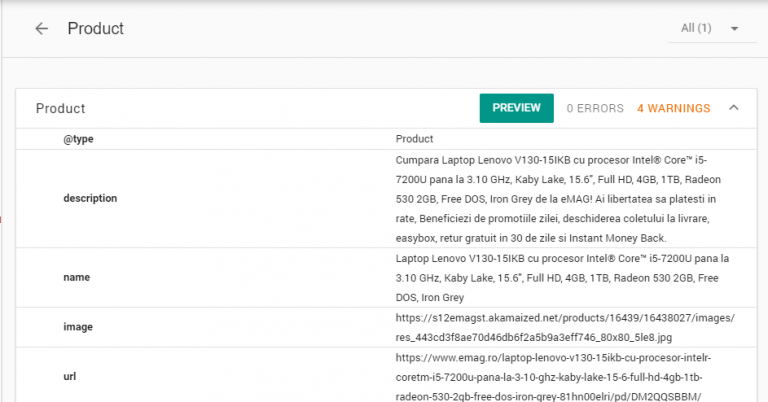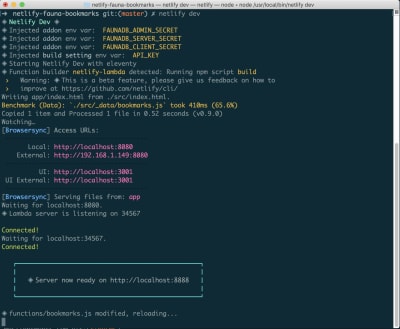

Ones like о and З were passed correctly and were in their raw form when I passed them through without any filtering. I was testing my input sanitation with some strange character entities. This function supports n-dimensional arrays (it encodes recursively). Return implode ( $separator, $toImplode ) It handles properly POST/GET array vars.įunction _HTTPRequestToString( $arr_request, $var_name, $separator='&') ]=". I rewrote inus at flowingcreativity dot net function to generate an encoded url string from the POST, or GET array.

$querystring= substr ( $querystring,0, strlen ( $querystring)-1) * $params The parameters to be converted into URL with key as name. * Makes an valid html request url by parsing the params array This very simple function makes an valid parameters part of an URL, to me it looks like several of the other versions here are decoding wrongly as they do not convert & seperating the variables into &. User Contributed Notes Roamy: info AT roamy DOT de See also urldecode(), htmlentities(), rawurldecode() and rawurlencode(). urlencode() and htmlentities() example ' Leave it as &, but simply encode your URLs using htmlentities() or htmlspecialchars(). You don't need to change PHP's arg_separator for this. A more portable way around this is to use & instead of & as the separator. Unfortunately most user agents do not send form data in this semi-colon separated format.

PHP supports changing the argument separator to the W3C-suggested semi-colon through the arg_separator. This is an obvious hassle that the W3C has been telling people about for years. Things like &, © and £ are parsed by the browser and the actual entity is used instead of the desired variable name. Note: Be careful about variables that may match HTML entities. It is encoded the same way that the posted data from a WWW form is encoded, that is the same way as in application/x-This function is convenient when encoding a string to be used in a query part of a URL, as a convenient way to pass variables to the next page: have been replaced with a percent ( % ) sign followed by two hex digits and spaces encoded as plus ( + ) signs. Returns a string in which all non-alphanumeric characters except -_. (PHP 3, PHP 4, PHP 5) urlencode - URL-encodes string Descriptionstring urlencode ( string str )


 0 kommentar(er)
0 kommentar(er)
